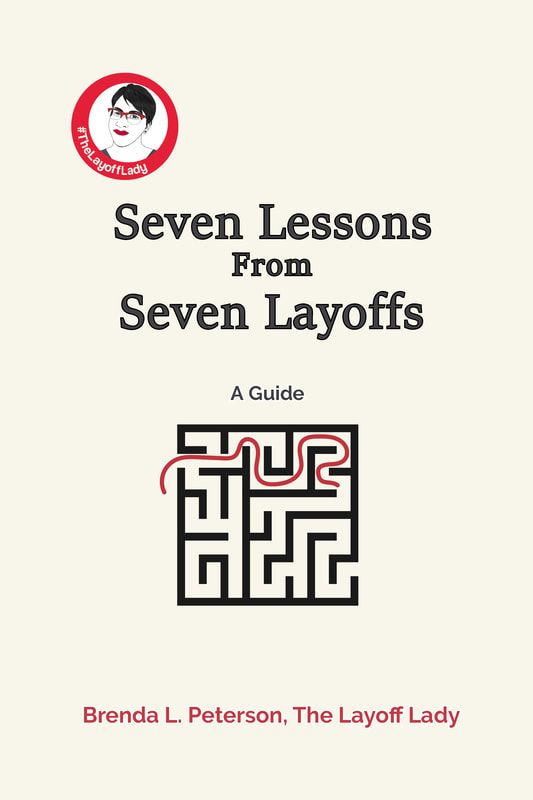|
By Brenda L. Peterson, The Layoff Lady Demonstrating Your SkillsEmployers are trying to find someone to solve the unique problems their business has. Recruiters and hiring managers will want to make sure that candidates have the skills and competencies included on their resume. Let's look at a few ways employers might verify candidate abilities during the hiring process. About Assessments and Work SamplesDepending on the company, the newness of the position, and the level of the role, there may be more to the interview process than talking with all the stakeholders. Potential employers may also ask you to complete projects to demonstrate key skills. Some employers may rely on your existing portfolio and review your previous work. In other cases, employers may ask you to complete specific work samples as a part of the interview process. This means completing unpaid work during the hiring process to demonstrate your skills as they more directly align with that role. In addition, they might ask you to complete assessments as well. My Experience With AssessmentsAs a part of a few hiring processes, I’ve been asked to take various tests to assess my tendencies, abilities, and aptitudes. Key focus areas often include problem-solving, strengths, work style, spatial ability, logical thinking, and temperament. For one role after layoff #7, the first two “interviews” with one organization were online assessments that compared my test results to a role-specific and company-specific ideal profile. For that job opening, I had 2 “interviews” like this and received a rejection email without interacting with actual people. For another hiring process, I took online exams on logical reasoning, general intelligence, and basic math before I was eligible for a phone screen. In some cases, assessments may be a prerequisite to meeting with a human interviewer or may be included later in the process to gather supplemental information right before making an offer. Concerns With AssessmentsWhile assessments have value, they may not help employers find a better candidate. Assessments can be useful when they are used to verify skills relevant to performing a specific position well. However, some assessments may be checking for skills not required for a given role. In addition, some assessments are not intended to be used during the hiring process and may introduce irrelevant or biased information into the hiring decision. My Low Time Committment ProjectsAs someone who works in the field of learning and development, I expect a potential employer to ask to see my portfolio. In many cases, during the application process, they will ask for a link to an online collection of work samples. On occaision, potential employers will ask for reccommendations on which of my work samples they should review more closely that align with the specific skills for any given role. I'm also ready to talk an employer through my work samples and highlighting my process in developing those materials. I also expect to be asked to demonstrate my ability to present content to a group. On many occaisions, I've been asked to deliver an interactive 10-15 minute presentation on the topic of my choosing to a panel of interviewers. For a manager role, I've often been asked to put together a 30-60-90 day plan outlining my initial onboarding and how I would identify and prioritize projects. My High Time Committment ProjectsAs I’ve progressed into higher-level roles, the projects have become more time intensive and elaborate. Here are a few examples: For a consultant role, I was tasked with creating an innovative plan for employee onboarding for new contractors and full-time employees. For this project, I designed a pitch deck to garner buy-in from stakeholders on the solution. I delivered that presentation to a group including the hiring manager, additional managers, and team members. I also designed a blended learning solution that leveraged subject matter presenters and accommodated people having distributed locations and start dates. For a manager role, in addition to a 30-60 day onboarding plan for myself, and created a list of equipment, software, subscriptions, and additional resources needed to begin creating videos for the company. For a program manager role, I was tasked with creating an innovative onboarding program to teach new full-time staff about company products. I designed a new hire career fair with multiple tables showcasing different products, complete with a passport for trainees to collect stamps. Those trainees who visited each table and filled out their passports were enrolled in a prize drawing for a bigger company-branded prize. For a director role, during the initial application, I answered several essay questions along with my resume and a cover letter. Later in the interview process, after taking two professional assessments, I was also tasked with completing these three projects:
Concerns With ProjectsUltimately, I did not receive job offers for any of these roles where I completed more elaborate work samples. I also found it frustrating to be tasked with what ended up being hours and hours of skilled work without being compensated, or ending up with a job offer. In the abstract, I’ve seen many people bluster on social media about what they won’t do as part of an interview process. I also don’t necessarily disagree with the boundaries those people suggest. I do know that making that decision feels much different in the throes of job searching. When being asked to do a few projects to help you get a job you think you’ll love, it’s often hard to say no. Here are a few suggestions I have for deciding what you personally are willing to do as a part of the interview process. Strategies to Adapt
Learn More
0 Comments
Your comment will be posted after it is approved.
Leave a Reply. |

Just get laid off?
Click here for info on what to do first. Author7-time layoff survivor Brenda L. Peterson, The Layoff Lady, waxes poetic on layoffs, job transitions, & career resilience. Buy The Book!Were you recently laid off from your job and need a roadmap for what's next? Pick up a copy of my book, Seven Lessons From Seven Layoffs: A Guide!
Categories
All
Archives
July 2024
|




